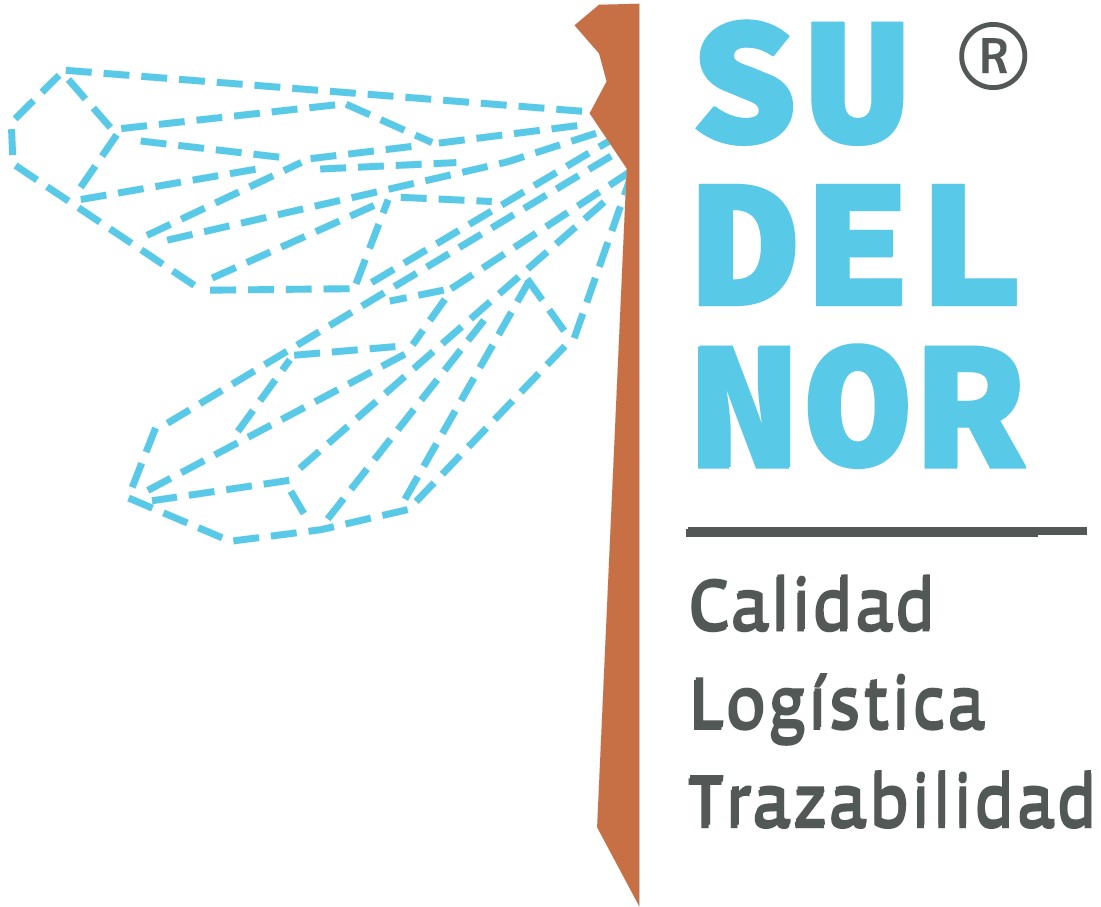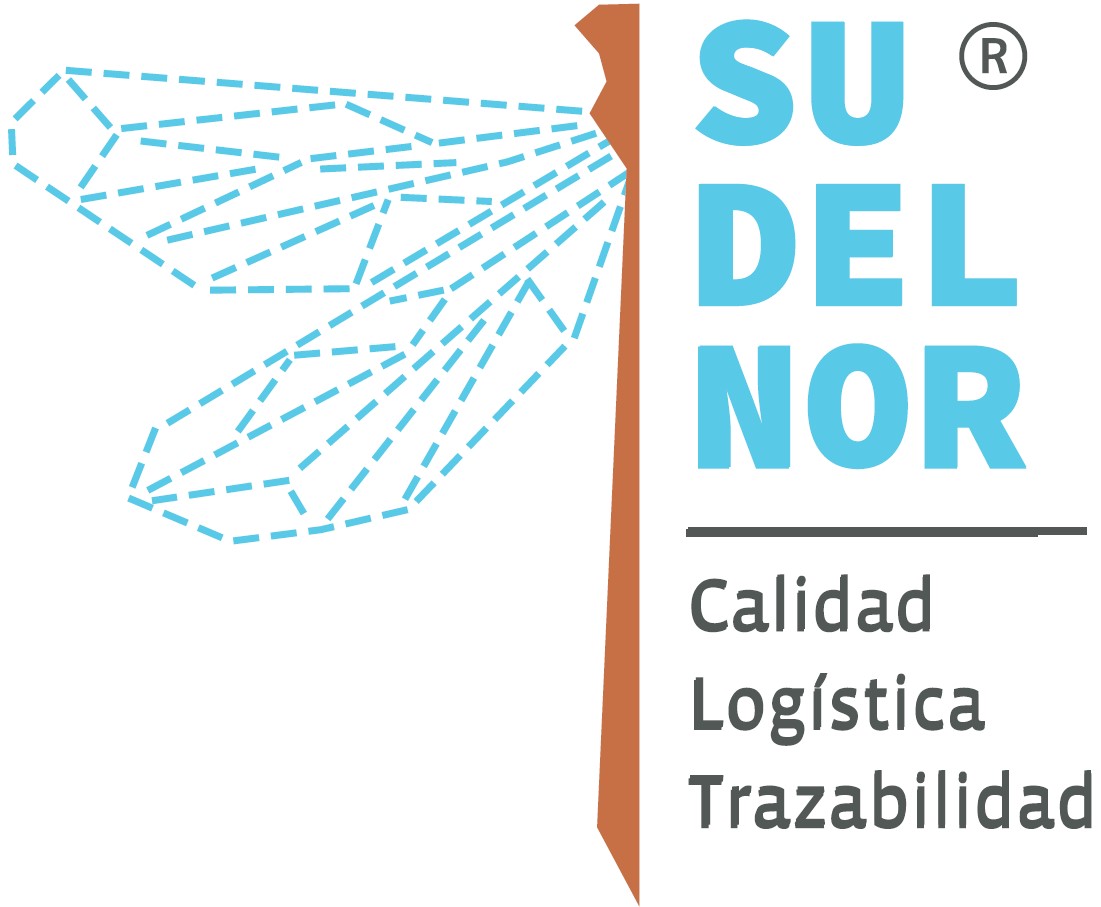

Suministros del Norte SpA

Coquimbo Region, Chile
January 2024
Other/general wholesale trade
Wholesale/Retail
Chile
SUDELNOR se destaca como un referente en el suministro y homologación de productos industriales, con especial énfasis en respaldar obras de construcción y planes de mantenimiento en los sectores minero e industrial. Demostramos especial proactividad en situaciones de limitaciones de stock o rastreo de productos difíciles de obtener. Nuestra fortaleza radica en sólidas relaciones con proveedores a nivel nacional e internacional, garantizando entregas puntuales de productos de alta calidad. Comprometidos con la trazabilidad total y la sostenibilidad en los ámbitos ambientales, sociales y económicos, en SUDELNOR no solo suministramos productos, sino que también cultivamos relaciones a largo plazo, contribuyendo al progreso sostenible con prácticas éticas y responsables en cada paso de nuestra cadena de suministro.
Overall B Impact Score
Governance 12.7
Governance evaluates a company's overall mission, engagement around its social/environmental impact, ethics, and transparency. This section also evaluates the ability of a company to protect their mission and formally consider stakeholders in decision making through their corporate structure (e.g. benefit corporation) or corporate governing documents.
What is this? A company with an Impact Business Model is intentionally designed to create a specific positive outcome for one of its stakeholders - such as workers, community, environment, or customers.
Workers 34.1
Workers evaluates a company’s contributions to its employees’ financial security, health & safety, wellness, career development, and engagement & satisfaction. In addition, this section recognizes business models designed to benefit workers, such as companies that are at least 40% owned by non-executive employees and those that have workforce development programs to support individuals with barriers to employment.
What is this? A company with an Impact Business Model is intentionally designed to create a specific positive outcome for one of its stakeholders - such as workers, community, environment, or customers.
Community 13.6
Community evaluates a company’s engagement with and impact on the communities in which it operates, hires from, and sources from. Topics include diversity, equity & inclusion, economic impact, civic engagement, charitable giving, and supply chain management. In addition, this section recognizes business models that are designed to address specific community-oriented problems, such as poverty alleviation through fair trade sourcing or distribution via microenterprises, producer cooperative models, locally focused economic development, and formal charitable giving commitments.
Environment 27.8
Environment evaluates a company’s overall environmental management practices as well as its impact on the air, climate, water, land, and biodiversity. This includes the direct impact of a company’s operations and, when applicable its supply chain and distribution channels. This section also recognizes companies with environmentally innovative production processes and those that sell products or services that have a positive environmental impact. Some examples might include products and services that create renewable energy, reduce consumption or waste, conserve land or wildlife, provide less toxic alternatives to the market, or educate people about environmental problems.
Customers 2.5
Customers evaluates a company’s stewardship of its customers through the quality of its products and services, ethical marketing, data privacy and security, and feedback channels. In addition, this section recognizes products or services that are designed to address a particular social problem for or through its customers, such as health or educational products, arts & media products, serving underserved customers/clients, and services that improve the social impact of other businesses or organizations.